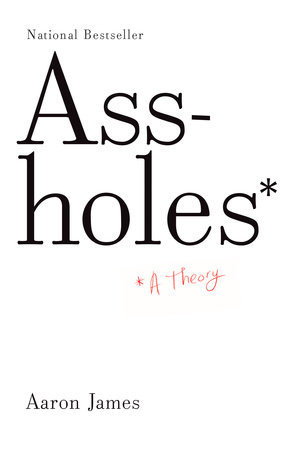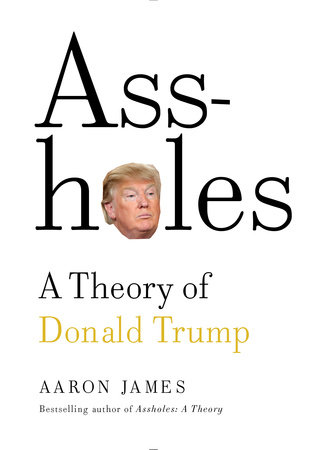The Fundamental Tension in Modern Conservativism
Namely, this:
Most modern conservatives care deeply about conserving the valuable things we’ve already got–things like the family, religious practices, familiar culture, the environment, the local marketplace, and so on.
And yet they also mainly embrace the market, the most powerful force in the history of the world in destroying what we’ve got already. (Why is that? Because markets create wealth precisely by *re-allocating* given factors of production –by destroying jobs, factories, going practices and communities, in order to put land, labor, or capital to more efficient uses.)
But let me slow down a bit. We can all agree that we can’t:
(1) Conserve the valuable things we’ve got, by protecting them against significant risks of their being destroyed or dramatically reshaped, even if we have to pass on opportunities for enrichment,
AND, at the same time,
(2) Embrace markets, by putting the valuable things we’ve got at significant risk of destruction or dramatic reshaping, for the sake of enrichment.
In short: you can go for wealth at any cost to conservation, or you can go for conservation at any cost to wealth, but you can’t do both: you’ve got to choose one or the other.
Conservatives nowadays often choose wealth. Put amusingly, as a criticism, G. A. Cohen puts the tension this way:
For the sake of protecting and extending the powers of big wealth, big-C Conservatives regularly sacrifice the small c-conservativism that many of them genuinely cherish. They blather on (as Prime Minister John Major did) about warm beer and sturdy spinsters cycling to church and then they hand Wal-Mart the keys to the kingdom. “Rescuing Conservativism,” p. 225.
Criticism aside, the point is that there is a *deep tension* between preserving the valuable things we’ve got (e.g. sturdy cycling spinsters, the small marketplace) and destroying or imperiling those things for the sake of the goods markets deliver (wealth, not just for “big wealth,” but, let’s assume, for society generally). For modern conservatives, that deep tension should be grounds for soul-searching.
For many conservatives, the issue is probably a matter of comparing risks: they’d much prefer the risks of markets to being “told what to do” by some liberal asshole, who thinks he’s smarter and better. They thus prefer “limited government” that in effect allows the market to reshape whatever it reshapes. The present point doesn’t challenge that position, but merely notes–what is often forgotten–that this choice comes at a *huge cost* to something most conservatives deeply value: it is to forgo an opportunity to *preserve* the good things in society–the family, religious practices, familiar culture, the environment, etc.–and to open them to destruction or massive reshaping according to markets, markets that *in themselves* care not about the value of these things.
Think, for example, of sexy profit-seeking advertisements that reshape sexual mores. This places an ever greater burden on families, schools, churches, etc., to help kids manage body image, choices about sex, etc. That dramatically shapes tender personalities, career trajectories, marriage partners, and even the marriage institution, even when families, schools, churches, etc., stage heroic efforts at resistance.
But the main point doesn’t depend on examples. The tension goes to the very nature of markets: markets create wealth through “creative destruction,” that is, by destroying or reshaping what is already there. Left to themselves, markets destroy the bad *along with the good already there,* since they aren’t tracking the difference between good and bad givens. (To be sure, consumer preferences are *sometimes* generally responsive to large-scale tendencies of that kind (e.g. “fair trade coffee” or other “ethical consumerism” etc). Yet your given consumer isn’t usually in a position to assess the aggregated consequences of many such consumer decisions. We mainly shop by price, quality, personal need, and so on. Same goes for producers, more or less, despite the pressures of ethical consumerism … but you get the idea.)
There’s of course plenty of room for argument about *how deep* the tension is. Maybe it will turn out not to be so deep; with the right mix of markets, institutions, and social practices, it turns out, we mainly destroy the bad and preserve the good. But things also *might* go the other way: we might have to give up too much of the good we’ve got for the sorts of goods markets bring into being. There’s certainly a real risk of that, which we should take into account. These days, most conservatives don’t.
Perhaps the most important upshot is this. Either way, the issue is a matter of *conjecture* about how a fast-changing world actually works, in light of going experiments with different institutions. And that is not the kind of thing one could rightly have deep moral convictions about. So modern conservatives are trying to hold an awkward and potentially unsustainable position. If nothing else, they should be much more bothered about the free market–much more cautious, more conservative, about embracing it.

